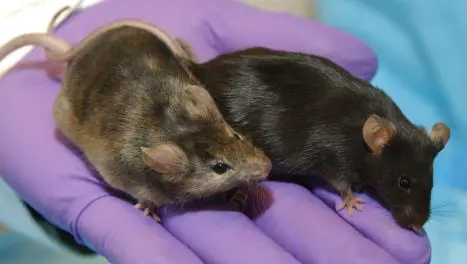
For a long time, biologists have been conducting medical researches on mice. This is usually done to study human diseases and find appropriate treatments. Have you ever thought why mice are mostly used in medical labs? Well, check out some of the major reasons behind the use of mice to study human biology and diseases.
Related genetic structure
Mice have their genetic makeup quite similar to human beings. Thus, they can model human diseases in the best possible manner. The effects of various diseases and treatments would be similar in mice and humans. This can lead to better procedural testing before any treatment is applied on humans.
Less genetic variations
If the breeding of mice is done in a controlled environment, then mice do not show significant genetic variations. This makes it easier to control them in experimental conditions.
Easy manipulation of genes
Medical scientists and biologists have a deep knowledge of the genome of mice. That is the reason they can comfortably manipulate their genes whenever an experiment has to be done in a controlled environment. Therefore, it is easier to conduct a variety of diseases-related researches on mice. In addition, the effects of mutation can also be studied in mice whenever any performed genetic mutation causes a disease in them.
Quick reproduction
As mice quickly reproduce, it is possible to have a mass production of mice with diseases. Genetic researches usually require subjects in large numbers so studies may be conducted in an effective manner. Thus, a large number of mice can be made easily available for scientists to conduct their experiments on different diseases.
It is always helpful to use mice that are available cheaper than other mammals with similar genetic makeup as human beings have. Using mice as models can make it easy to pinpoint the exact genetic causes to several diseases.